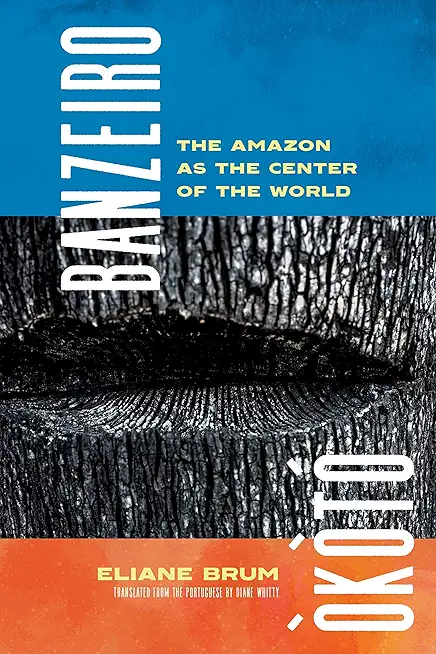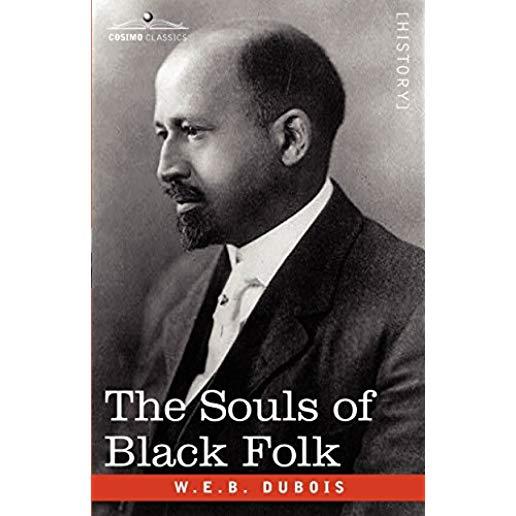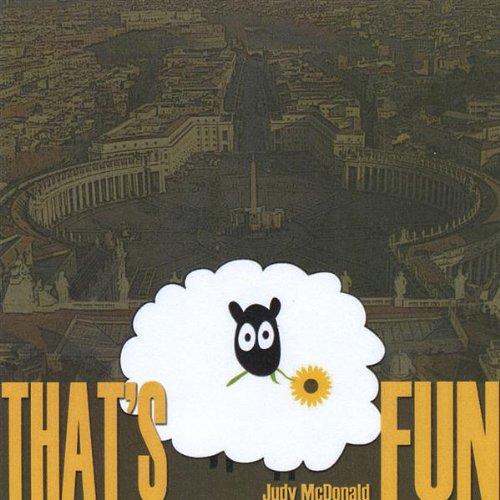
description
uction of the Amazon by a writer who moved her life into the heart of the forest. In lyrical, impassioned prose, Eliane Brum recounts her move from São Paulo to Altamira, a city along the Xingu River that has been devastated by the construction of one of the largest dams in the world. In community with the human and more-than-human world of the Amazon, Brum seeks to "reforest" herself while building relationships with forest peoples who carry both the scars and the resistance of the forest in their bodies. Weaving together the lived stories of the region and its history of violent corruption and destruction, Banzeiro Òkòtó is a call for radical change, for the creation of a new kind of human being capable of facing the potential extinction of our species. In it, Brum reveals the direct links between structural inequities rooted in gender, race, class, and even species, and the suffering that capitalism and climate breakdown wreak on those who are least responsible for them. The title Banzeiro Òkòtó features words from two cultural and linguistic traditions: banzeiro is what the Amazon people call the place where the river turns into a fearsome vortex, and òkòtó is the Yoruba word for a shell that spirals outward into infinity. Like the Xingu River, turning as it flows, this book is a fierce document of transformation arguing for the centrality of the Amazon to all our lives.
member goods
No member items were found under this heading.
listens & views

REGGAE ON THE ROCKS: LIVE ...
by REGGAE ON THE ROCKS: LIVE AND DIRECT / VARIOUS
COMPACT DISCout of stock
$9.49
Return Policy
All sales are final
Shipping
No special shipping considerations available.
Shipping fees determined at checkout.






